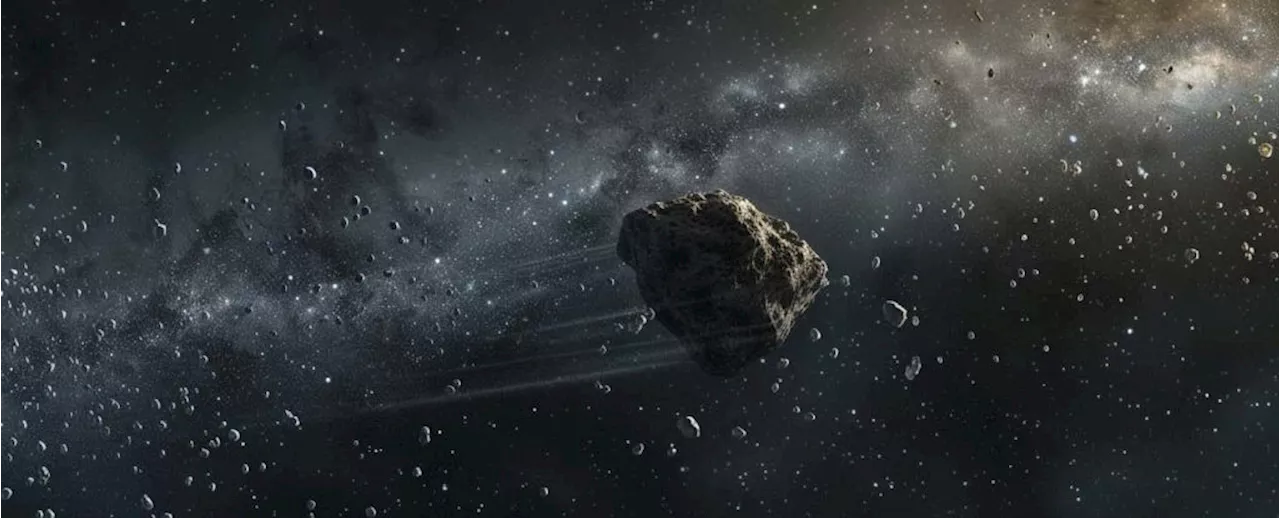The Best in Science News and Amazing Breakthroughs
If you peer out into the space sharing Earth's general orbital vicinity around the Sun, you'll find a lot of rocks. We have counted, to date,
"We don't know if these dark comets delivered water to Earth. We can't say that. But we can say that there is still debate over how exactly the Earth's water got here," As a comet ejects material, that ejection gives the comet an additional push of propulsion beyond what you'd expect to see if the rock was just anA dark comet is one that doesn't have a visible coma or tail, but when measured, has this additional non-gravitational acceleration. Taylor and their colleagues studied the seven known dark comets to try to get a better understanding of how many more could be out there, lurking in near-Earth space.
"We think these objects came from the inner and/or outer main asteroid belt, and the implication of that is that this is another mechanism for getting some ice into the inner solar system," Since the Solar System is around 4.6 billion years old and we haven't run out of near-Earth objects, the supply must be constantly replenished.
United States Latest News, United States Headlines
Similar News:You can also read news stories similar to this one that we have collected from other news sources.
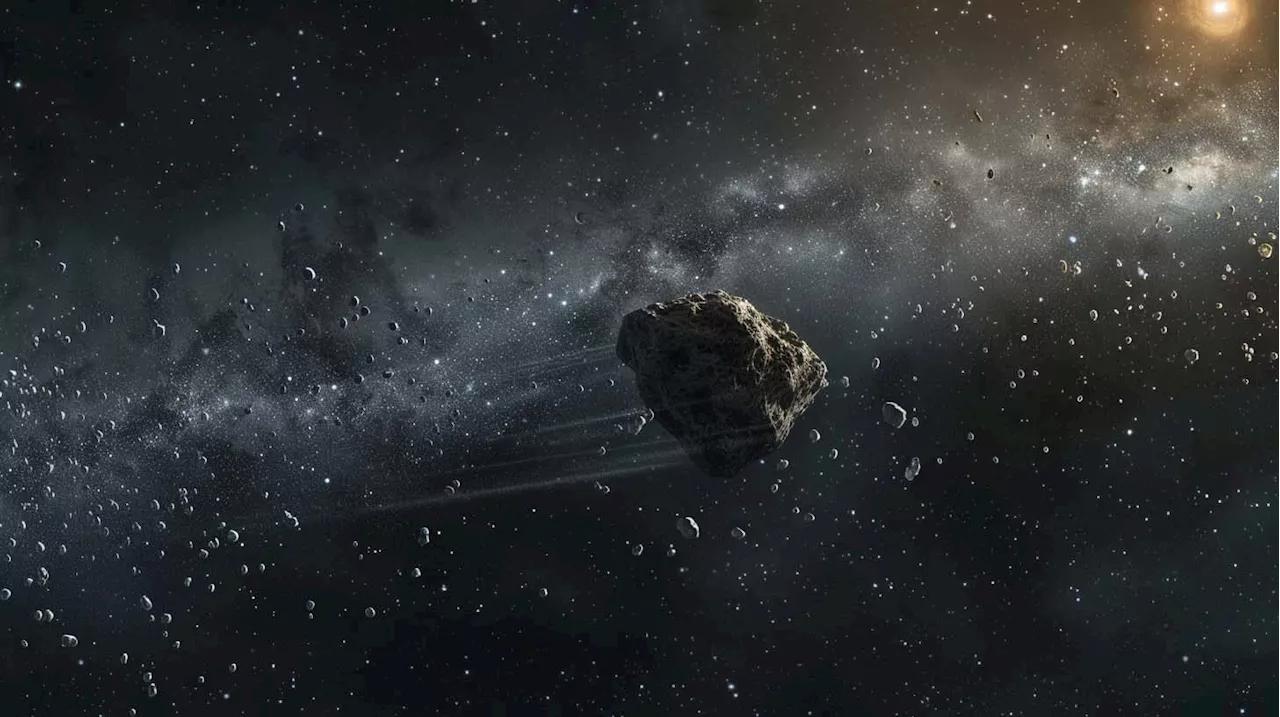 Most Near-Earth Objects Could Be ‘Dark Comets,’ Neither Comets Nor AsteroidsThe mysterious objects may be far more common than we thought and may have brought water to Earth.
Most Near-Earth Objects Could Be ‘Dark Comets,’ Neither Comets Nor AsteroidsThe mysterious objects may be far more common than we thought and may have brought water to Earth.
Read more »
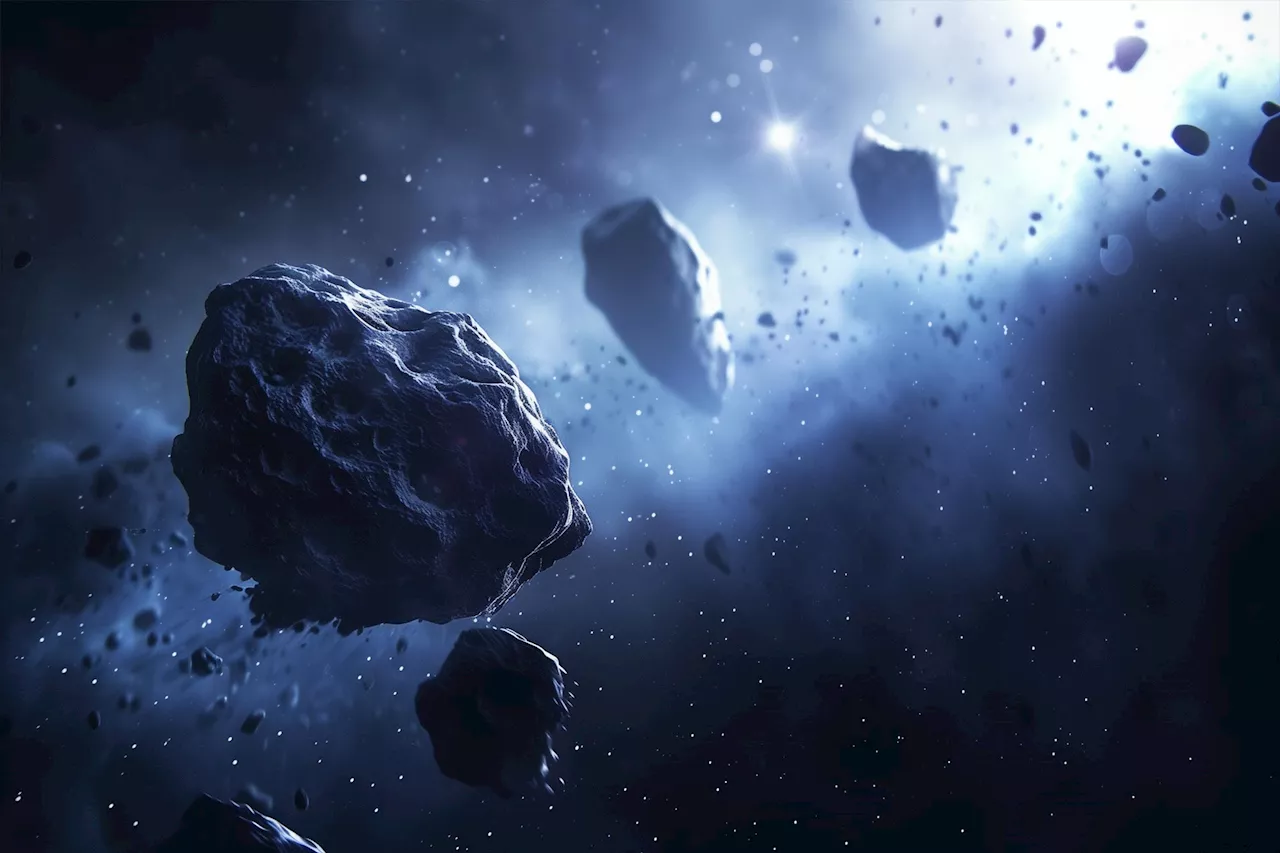 Mysterious Voyagers: Are We Drinking Water Delivered by Dark Comets?Science, Space and Technology News 2024
Mysterious Voyagers: Are We Drinking Water Delivered by Dark Comets?Science, Space and Technology News 2024
Read more »
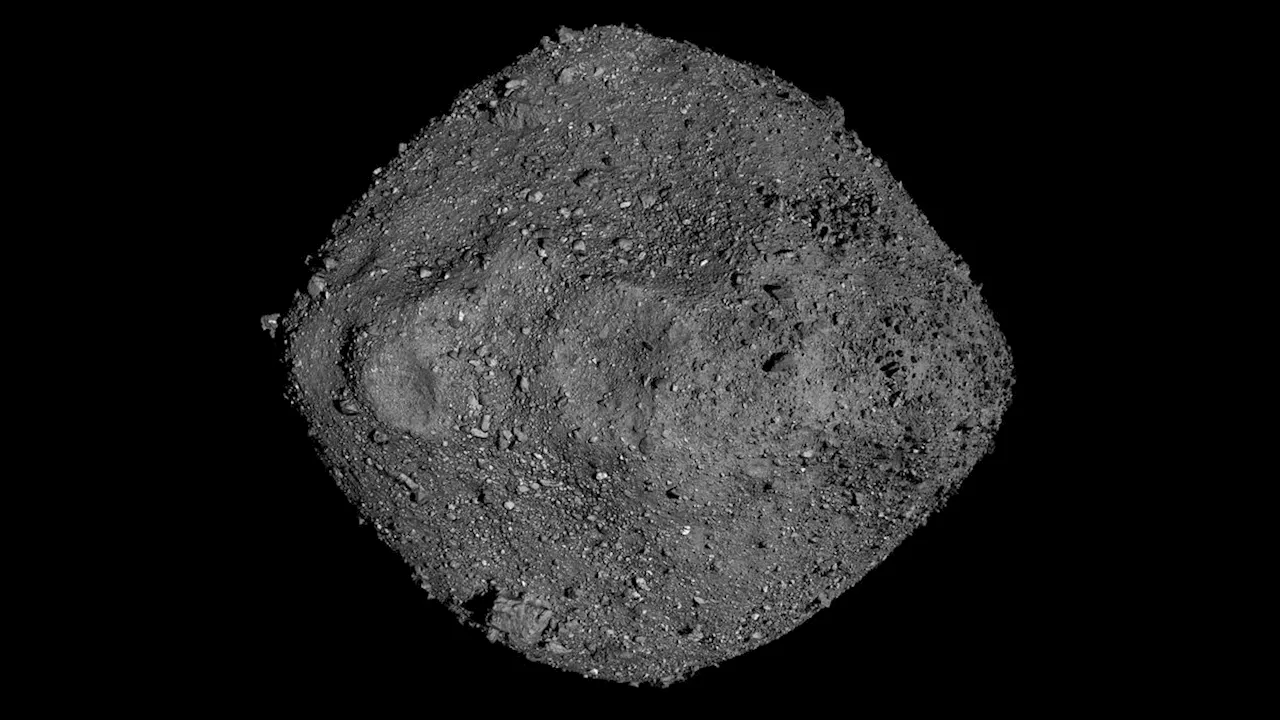 'Dark comets' may have given Earth its water long agoKeith Cooper is a freelance science journalist and editor in the United Kingdom, and has a degree in physics and astrophysics from the University of Manchester.
'Dark comets' may have given Earth its water long agoKeith Cooper is a freelance science journalist and editor in the United Kingdom, and has a degree in physics and astrophysics from the University of Manchester.
Read more »
 ‘Dark Comets’ Could Have Delivered Much Of Earth's WaterI'm a science journalist and host of Cosmic Controversy (brucedorminey.podbean.com) as well as author of 'Distant Wanderers: the Search for Planets Beyond the Solar System.' I primarily cover aerospace and astronomy.
‘Dark Comets’ Could Have Delivered Much Of Earth's WaterI'm a science journalist and host of Cosmic Controversy (brucedorminey.podbean.com) as well as author of 'Distant Wanderers: the Search for Planets Beyond the Solar System.' I primarily cover aerospace and astronomy.
Read more »
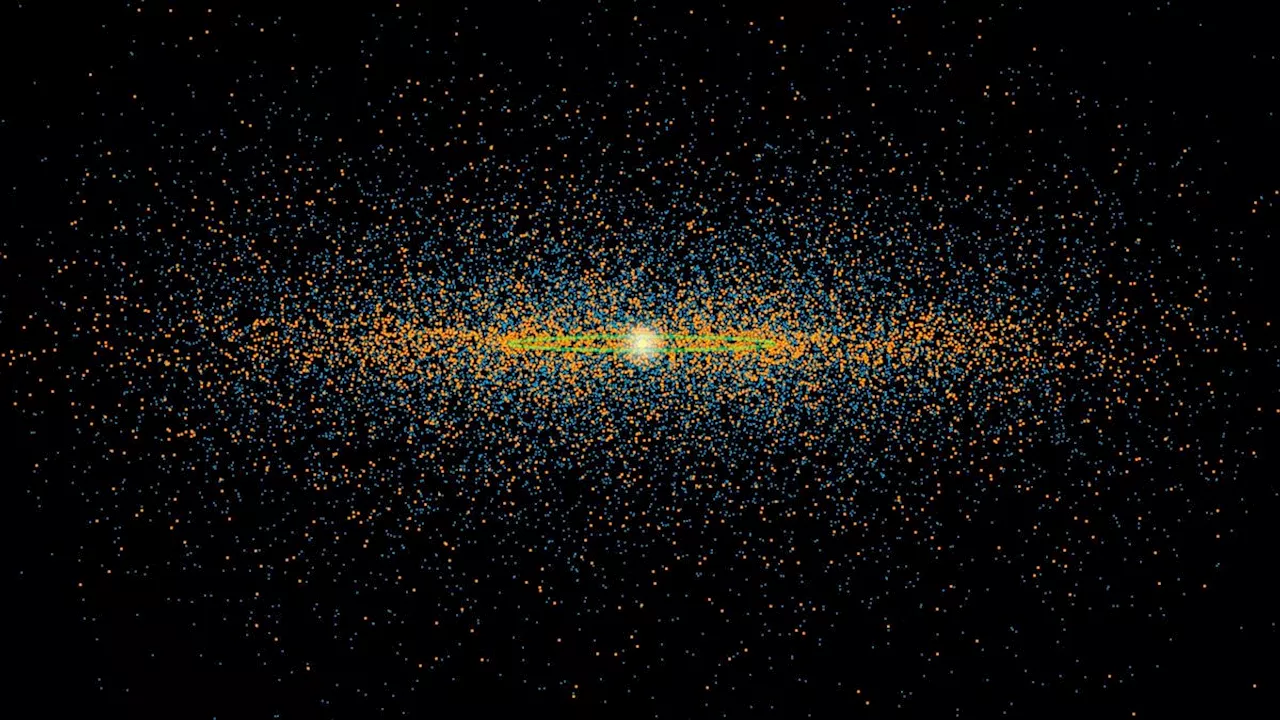 'Dark comets' may be a much bigger threat to Earth than we thought, new study warnsPaul M. Sutter is a research professor in astrophysics at SUNY Stony Brook University and the Flatiron Institute in New York City. He regularly appears on TV and podcasts, including 'Ask a Spaceman.' He is the author of two books, 'Your Place in the Universe' and 'How to Die in Space,' and is a regular contributor to Space.
'Dark comets' may be a much bigger threat to Earth than we thought, new study warnsPaul M. Sutter is a research professor in astrophysics at SUNY Stony Brook University and the Flatiron Institute in New York City. He regularly appears on TV and podcasts, including 'Ask a Spaceman.' He is the author of two books, 'Your Place in the Universe' and 'How to Die in Space,' and is a regular contributor to Space.
Read more »
 New study warns of ‘dark comets’ and the threat they could pose to EarthA new study has raised warnings about 'dark comets' which are hard to detect and could pose a terrible threat to Earth.
New study warns of ‘dark comets’ and the threat they could pose to EarthA new study has raised warnings about 'dark comets' which are hard to detect and could pose a terrible threat to Earth.
Read more »
